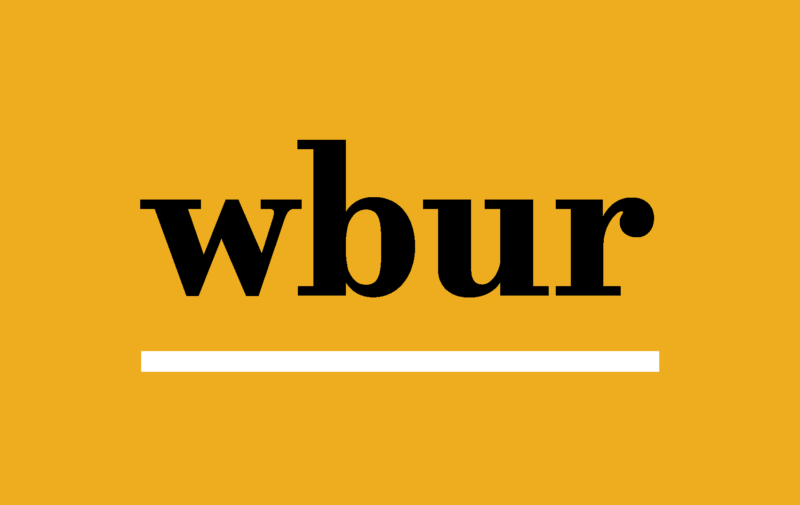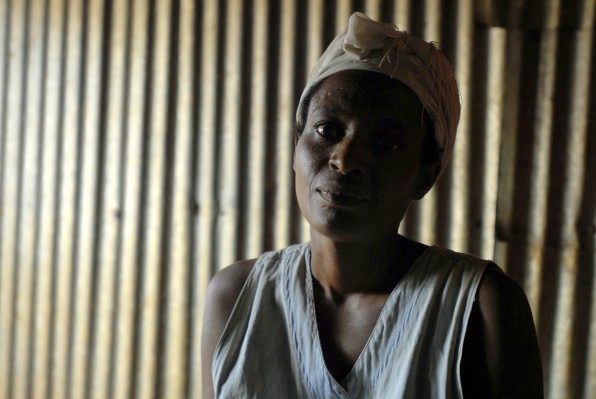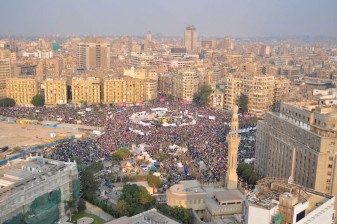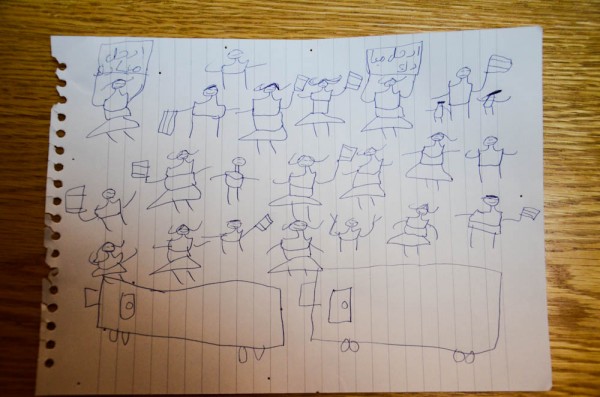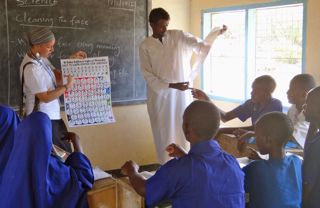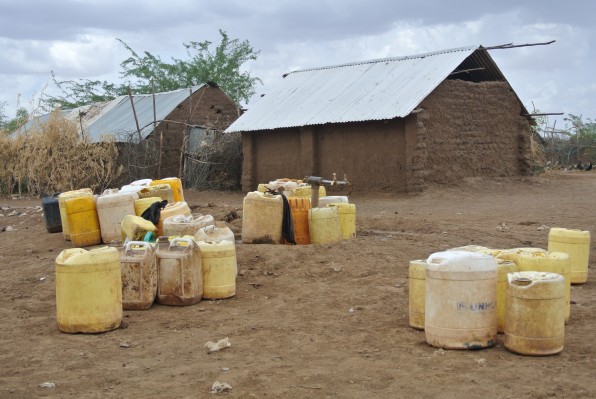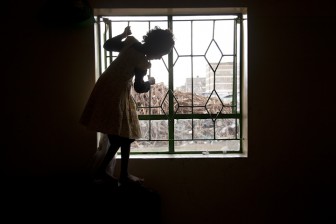
Aliah, a 23-year-old refugee, has a bubbly demeanor that disguises the monumental obstacles she faces every day. As the guardian for her younger siblings as well as her own kids, she has to cover rising rent and food costs in an African city where refugees are rarely able to find steady work. Her neighborhood has recently been plagued by bombings and riots that make her fear for her safety. Worst of all, as a single parent, she faces these challenges alone.
Still, despite her struggles, Aliah radiates positive energy. Walking into a recent RefugePoint counseling meeting, she warmly clasps the other women’s hands and cheers a fussy baby by tickling her foot. But as the women settle into discussing the topic of the day—childcare—even Aliah grows a little dejected. “I love my kids,” she says. “But since I am on my own with them, I struggle. I need to look for jobs, but with no one at home to look after them, how can I leave?”
Having gone through conflict, famine, and disease in their home
countries, and facing continued struggles for sustenance and shelter in their new location, finding a babysitter might seem like the least of these refugee women’s worries. But in fact, access to childcare is a crucial step for refugees to move from dependent situations into self-sufficiency and stability. Women like Aliah long to pull their families out of poverty and make a better future for their children—but without access to reliable childcare, that may prove impossible.
After all, employment—which for most urban refugee women means cleaning houses or selling tea from a roadside stand—requires time away from home, and women are generally unable to bring their children with them to work. In unique cases, a refugee woman will resort to tying her children to the bed when she leaves —a terrible prospect, but better than returning to find a child seriously injured, or worse. One woman in the group recalled the terror of coming home from work to find her children missing. After searching frantically for close to an hour, she finally found them playing in an alley nearby. “I felt terrible,” she says, shaking her head. “But what can I do? I have to support them.”
Childcare is as much an obstacle in the job search process as on the job. A refugee woman cannot even scour her neighborhood for a dollar-a-day maid position or a job sweeping up at a hairdressing shack without someone to watch her children. For both employed and unemployed women, the unavailability of childcare puts them in a terrible dilemma: go to work and endanger the kids left home alone, or stay behind and risk not being able to provide essential food or medical care.
These problems are compounded for single mothers like Aliah who lack a partner in raising their families and are isolated from other relatives. As the sole breadwinners and the only caretakers, they face double the pressure compared with refugee women with broader connections in the community. Still, as the meeting wraps up, Aliah seems to recover her indomitable optimism. “Looking for work is very hard,” she says. “But we keep trying—for our children.”
*For our clients’ safety, names have been changed and/or omitted; however, the stories are true.

Aliah, a 23-year-old refugee, has a bubbly demeanor that disguises the monumental obstacles she faces every day. As the guardian for her younger siblings as well as her own kids, she has to cover rising rent and food costs in an African city where refugees are rarely able to find steady work. Her neighborhood has recently been plagued by bombings and riots that make her fear for her safety. Worst of all, as a single parent, she faces these challenges alone.
Still, despite her struggles, Aliah radiates positive energy. Walking into a recent RefugePoint counseling meeting, she warmly clasps the other women’s hands and cheers a fussy baby by tickling her foot. But as the women settle into discussing the topic of the day—childcare—even Aliah grows a little dejected. “I love my kids,” she says. “But since I am on my own with them, I struggle. I need to look for jobs, but with no one at home to look after them, how can I leave?”
Having gone through conflict, famine, and disease in their home
countries, and facing continued struggles for sustenance and shelter in their new location, finding a babysitter might seem like the least of these refugee women’s worries. But in fact, access to childcare is a crucial step for refugees to move from dependent situations into self-sufficiency and stability. Women like Aliah long to pull their families out of poverty and make a better future for their children—but without access to reliable childcare, that may prove impossible.
After all, employment—which for most urban refugee women means cleaning houses or selling tea from a roadside stand—requires time away from home, and women are generally unable to bring their children with them to work. In unique cases, a refugee woman will resort to tying her children to the bed when she leaves —a terrible prospect, but better than returning to find a child seriously injured, or worse. One woman in the group recalled the terror of coming home from work to find her children missing. After searching frantically for close to an hour, she finally found them playing in an alley nearby. “I felt terrible,” she says, shaking her head. “But what can I do? I have to support them.”
Childcare is as much an obstacle in the job search process as on the job. A refugee woman cannot even scour her neighborhood for a dollar-a-day maid position or a job sweeping up at a hairdressing shack without someone to watch her children. For both employed and unemployed women, the unavailability of childcare puts them in a terrible dilemma: go to work and endanger the kids left home alone, or stay behind and risk not being able to provide essential food or medical care.
These problems are compounded for single mothers like Aliah who lack a partner in raising their families and are isolated from other relatives. As the sole breadwinners and the only caretakers, they face double the pressure compared with refugee women with broader connections in the community. Still, as the meeting wraps up, Aliah seems to recover her indomitable optimism. “Looking for work is very hard,” she says. “But we keep trying—for our children.”
*For our clients’ safety, names have been changed and/or omitted; however, the stories are true.



